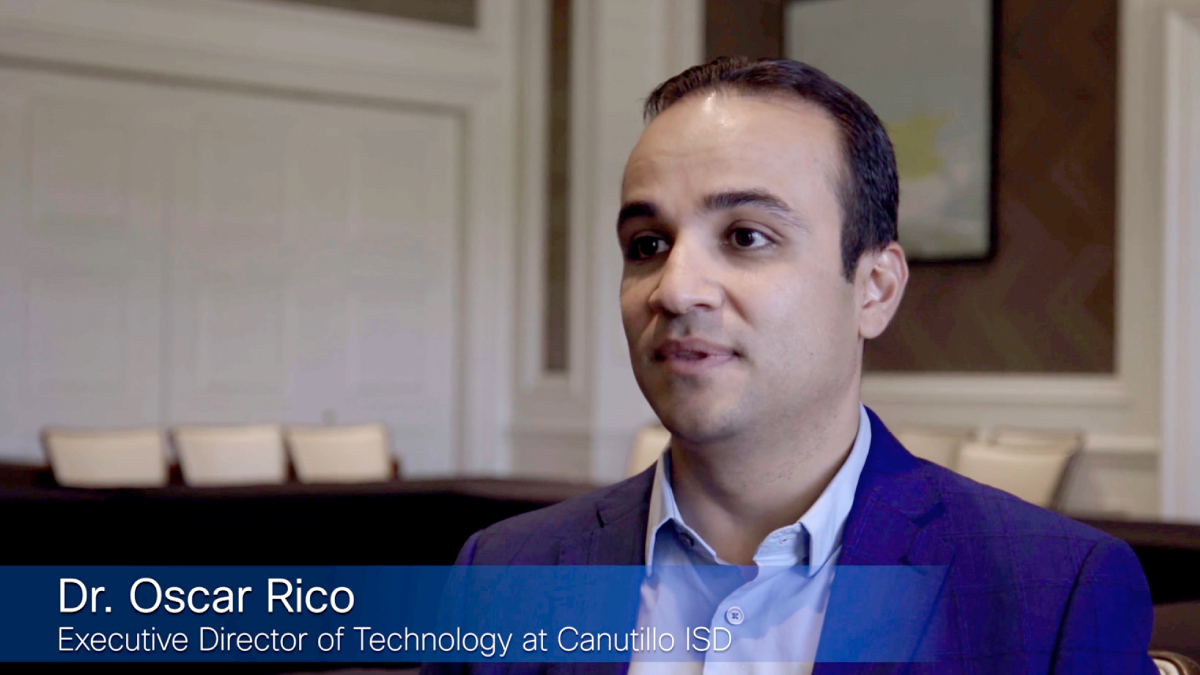ORLANDO, FL., (Educause 2005), - October 19, 2005 - Highlighting its commitment to deliver a portfolio of market-relevant curricula, the Cisco Networking Academy today announced it has broadened its industry leading Academic training programs in the areas of security, wireless and IP Telephony.
"There is a substantial market demand for trained professionals in advanced technology markets - particularly network security and wireless," said Gene Longo, senior manager, US and Canada Field Operations, Cisco Networking Academy Program. "We are currently piloting a new IP Telephony course with 30 institutions in the US and Canada. It, along with all of our offerings, will provide students with technology competence, preparing them with expertise that addresses evolving industry requirements. The Cisco Networking Academy advanced technology curricula is in step with customer, channel partner and industry demand for knowledgeable professionals to install, operate and manage these technologies."
Course and exam updates include:
Network Security 2.0Changes in technology, network security threats, and certification exams have prompted course revisions to ensure that the content remains current and relevant to industry requirements:
- Network Security 2.0 replaces the Fundamentals of Networking Security course. The new name reflects the emphasis on professional-level certifications and practices within the new course.
- Two semester course combines PIX and IOS software integration along with 30 percent new course material
- Coverage of more advanced topics and updates to the curriculum into a more logical pedagogical package that accurately complements the Security+ exam
- New equipment bundles, the 1800 ISR and 515 PIX firewall, will be offered as the standard classroom package to reflect the new range of Integrated Service routers from Cisco
- Course assessments incorporate newer tools and technologies to align with the style and nature of the certification exams
As organizations increasingly depend on wireless technologies in their everyday practices, the Fundamentals of Wireless LANs course teaches students to develop, implement and troubleshoot wireless networks. Course enhancements include:
- Addition of 802.11g labs
- Dynamic new simulations
IP Telephony has become the most requested new course offering within the Academy community. To meet the demand, Cisco has created a news skills-based course build on suggestions from Academy Instructors.
- The IP Telephony pilot course will provide an introduction to converged voice and data networks
- Course content will focus on modular and progressive lab activities surrounding voice and data convergence
- IP Telephony will focus on skills required to implement IP Telephony in a small office, small business environment using Cisco CallManager Express, VoIP and QoS
The rise in demand for knowledgeable professionals in IP telephony, security and wireless are in step with market trends. For instance, the worldwide market for IP telephony services will top $2.2 billion in 2007, exhibiting an annual growth rate of 45.3 percent, according to analysts. As for the wireless market, 60 percent of enterprises will upgrade or deploy wireless local area networks (WLANs) this year. According to market trend reports spending on IT security related professions are among the highest growing numbers. Nineteen percent of enterprises use more than 10 percent of their Information Technology budgets for Security.
"The Cisco Networking Academy Program offers students and workers who want to expand their IT knowledge or consider a career in the high-tech industry valuable networking and IT skills," said David Kotfila, Cisco Networking Academy director at Rensselaer Polytechnic Institute. "The growing portfolio of advanced technology courses helps students acquire the knowledge and skills needed for success in the global economy. Every single one of my students who has gone through the Network Security curriculum, for instance, has received an intellectually stimulating and high paying job as a result."
Through the use of multiple networking media including, e-learning, video, audio, and hands-on labs, the Cisco Networking Academy program transcends geographic barriers to provide consistent IT skill transfer worldwide. The Cisco Networking Academy Program utilizes a blended learning model, integrating face-to-face teaching with a challenging web-based curriculum, hands-on lab exercises and Internet-based assessment. Academy graduates are prepared for networking and IT-related careers in the public and private sectors, as well as for higher education in engineering, computer science and related fields.
For more information about the Cisco Networking Academy Program, visit: http://www.cisco.com/go/netacad






